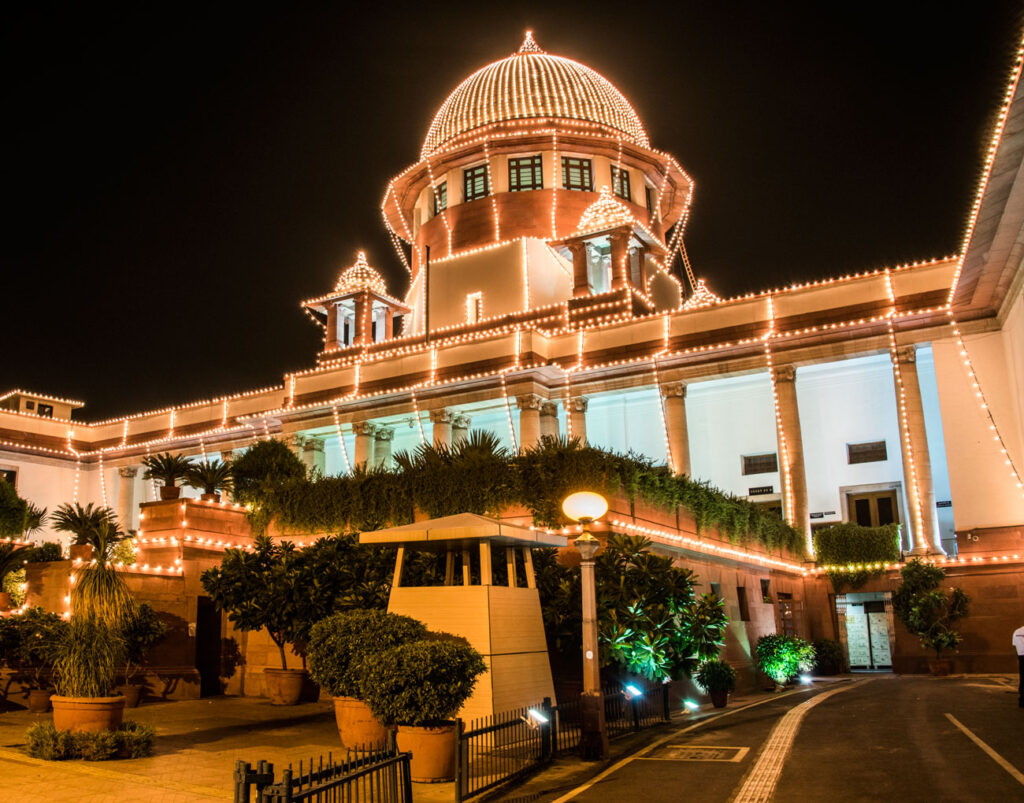- Says no overt or covert terrorist act attributed to them in any evidence
New Delhi, July 28.
The Supreme Court on Friday granted bail to trade union activist Vernon Gonsalves and human rights activist and lawyer Arun Ferreira, who were arrested and charged under the stringent Unlawful Activities Prevention Act, 1967, in the wake of the Bhima Koregaon violence.
The charges against them were serious but there was nothing in the evidence to attribute any overt or covert acts of terrorism to them, a two-judge bench, comprising Aniruddha Bose and Sudhanshu Dhulia said.
The contents of the letters through which the appellants are sought to be implicated are in the nature of hearsay evidence, recovered from co-accused, the bench noted.
“Moreover, no covert or overt terrorist act has been attributed to the appellants in these letters, or any other material forming part of records of these two appeals.”
Reference to the activities of the accused were in the nature of ideological propagation and allegations of recruitment, it said. “No evidence of any of the persons who are alleged to have been recruited or have joined this ‘struggle’ inspired by the appellants has been brought before us.”
Thus, we are unable to accept NIA’s contention that the appellants have committed the offence relating to support given to a terrorist organisation, the court said.
Even the witness statements have not attributed any overt or overt act to them. “… mere possession of the literature, even if the content thereof inspires or propagates violence, by itself cannot constitute any of the offences….”
“There has been no credible evidence against the appellants of commission of any terrorist act or enter into conspiracy to do so to invoke the provisions of Section 43D (5) of the 1967 Act,” the top court bench said.
“As far as raising funds for a terrorist organisation is concerned, we do not think at this stage, in absence of better evidence, the account statement is credible enough to justify invoking the bail-restricting clause by attracting Section 40 of the 1967 Act.”
Here, we have to satisfy ourselves that the specified offences alleged to have been committed by the appellants cannot be held to be prima facie true, the bench explaining why it was examining the evidence at this stage.
Almost five years have lapsed since they were taken into custody, the bench said. “Allegations against them no doubt are serious, but for that reason alone bail cannot be denied to them,” the bench said, laying down a host of conditions to prevent them from either jumping bail or threatening witnesses.
This includes a clause asking them to keep their phone location on so that police are aware of their whereabouts all the time.

